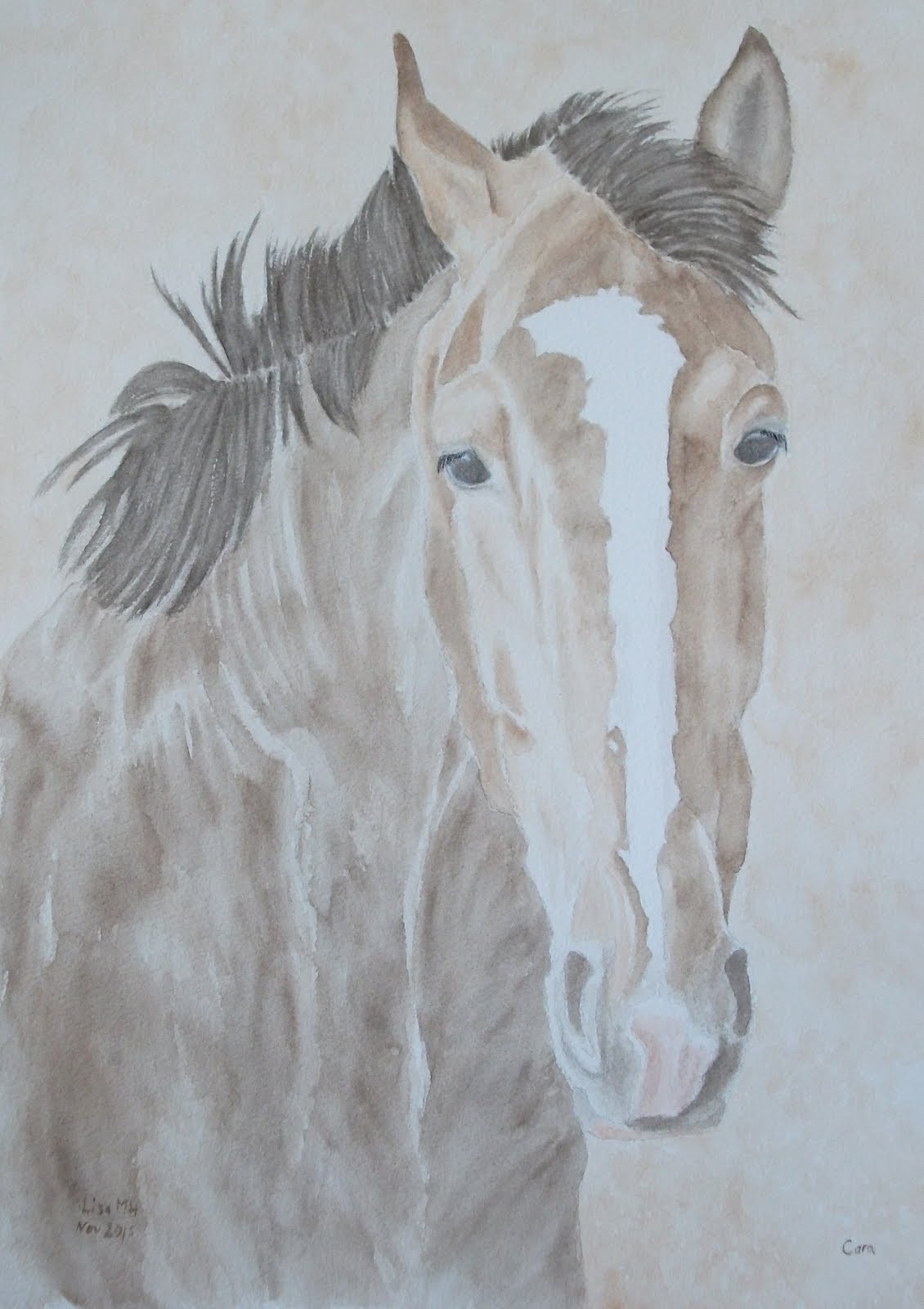“When we try to speak to each other - Me to you, you to Me, we are immediately constricted by the unbelievable limitation of words… Words are really the least effective communicator. They are most open to misinterpretation, most often misunderstood.
And why is that? It is because of what words are. Words are merely utterances: noises that stand for feelings, thoughts, and experience. They are symbols. Signs. Insignias. They are not Truth. They are not the real thing.” From “Conversations With God”, by Neale Donald Walsch
Imagine a blind person still trying to use their eyes through which to see; or someone who is deaf who continues to listen with their ears; or an individual who has lost the use of a body part attempting to utilise what no longer works.
And now think of an autistic, for whom communication and understanding via language is, at worst, frustrating and bewildering, and at best incomplete, still insisting on depending on this form.
This is me. Yep, it finally dawned on me that, despite my diagnosis four years ago, I still have not accepted this rather major facet of my character (it is, after all, one of the defining traits of autism), and persist in relying almost wholly on words as my means of understanding, and communication.
I realise that my perception is at fault, and I am limiting myself as a result. I have a narrow, rigid comprehension of the word “communicate”: I see it as referring solely to the use of language - to talking, reading, and writing - when, in fact people, communicate via other means, through their feelings and actions. But, since I am largely unconscious of this, I have always chosen language by default to express myself and interpret what others are trying to convey.
Therefore, in order to broaden my perspective, it needs adjusting to include other definitions - which, as an autistic with a narrow viewpoint, and a tendency to focus on minute details, forgoing the bigger picture in the process, is alien and unnatural. But I believe it can be done: it’s just not going to be instinctive. I’ll have to make a conscious effort to do it, to remind myself when I’ve become narrow and limited once again.
As I have said before, I LOVE language - playing with words, crafting a piece of written work, constructing the perfect sentence. When I really let myself play (when I’m not constraining myself with a lot of rules, which take all the fun out of it) then it’s like my heart becomes engaged in the process, not just my brain, which I think is what allows me to be able to communicate through this medium.
Unfortunately, though, I have come to depend almost wholly on words; to revere them as if they hold the key to all knowledge and understanding; to believe that because I can read and write and understand what I’m reading on a literal level, that this means I understand what is being said. This can be very confusing.













